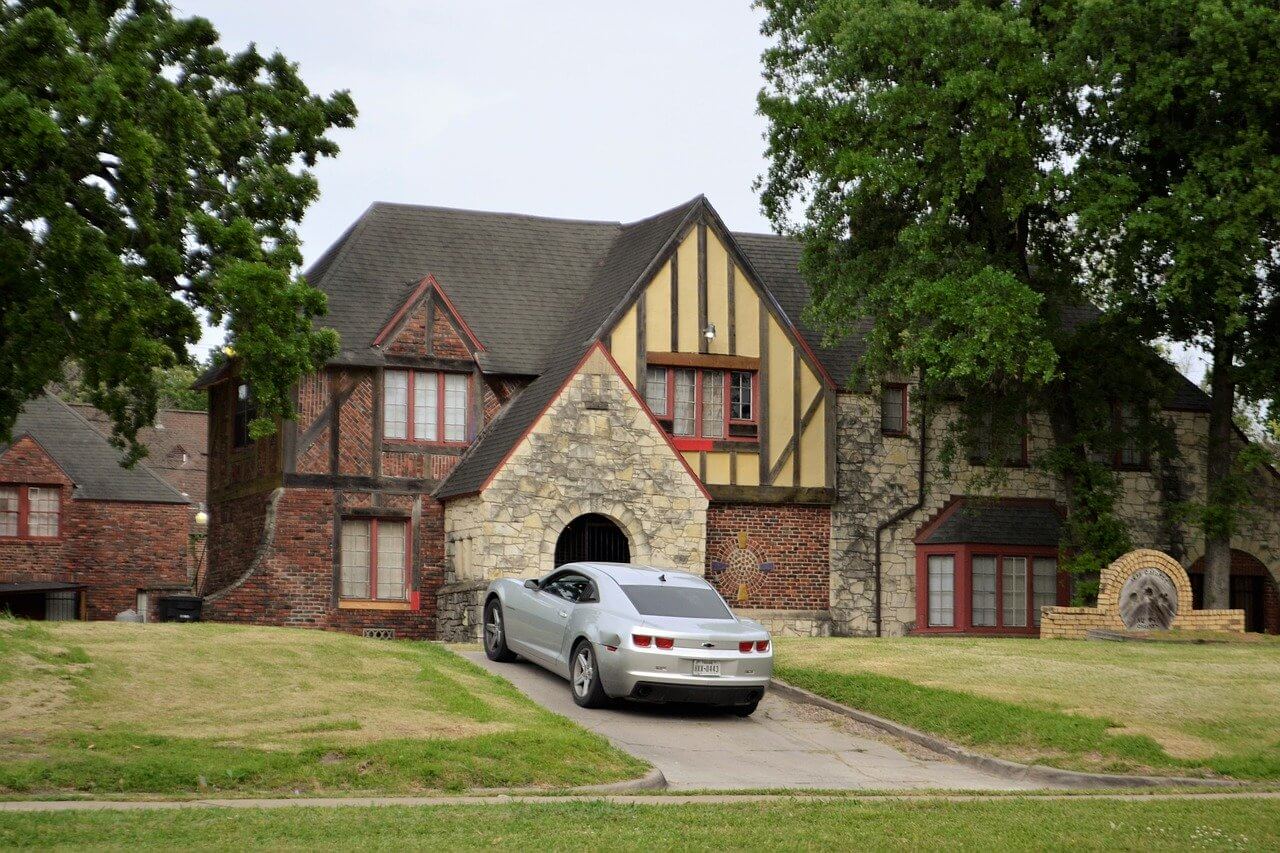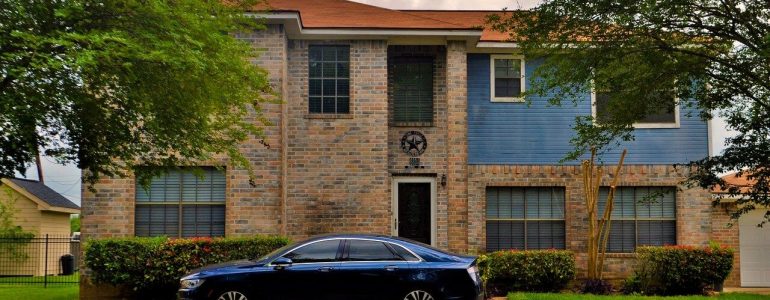Anti-social or nuisance parking is frustrating and it may appear like a police matter. Most of the time, it isn’t. Rather, you are more likely to get help from your local council.
Many people resort to taking matter into their own hands by vandalising the car or towing it without the owner’s permission. These are acts of vandalism and may result in criminal prosecution.
The first thing you should understand is that you have no special right to park directly outside your property. All road users have the same rights as long as they do not obstruct the highway or violate parking restrictions.
If someone has parked on the street and is blocking the entrance to your driveway, they are doing nothing wrong as long as they are not going against a particular parking violation.
You can, however, pursue legal claim for nuisance on grounds that the vehicle is interfering with use or enjoyment of your property. But it is not a police matter.
What, then, can you legally do if someone is blocking your driveway?

Here are different scenarios and how do deal with them legally.
1. When someone is blocking your driveway
When a vehicle is blocking you from leaving your driveway, see if you can find who the owner is and ask them to clear the way. This will usually solve the problem.
If you can’t find the owner, you can always leave a note on the windscreen. They may have not realised that they had caused a problem.
If this still doesn’t work, contact the local council who can try to contact the owner and ask them to move the car.
If the vehicle has an unknown owner, you can call the non-emergency service number, 101.
2. What if the car blocking your driveway is abandoned?
An abandoned car is one that has not been moved or attended to in a long time. Common signs for an abandoned car are:
- Broken steering column
- Significantly damaged
- Flat tyres and broken windows
- Run-down or un-roadworthy
- Has a lot of rubbish in it
- Missing or suspicious number plates, which may be an indicator of a stolen vehicle.
These abandoned vehicles may not only be blocking your driveway, but also the highway.
If you know the owner, politely ask them to move the vehicle. Do not make physical threats or attempt moving the car yourself. This might make the situation worse or you may even be committing an offence yourself.
If you don’t know the owner, contact the local council who will try to reach the owner or have it towed away.
If the abandoned vehicle seems suspicious or stolen, report to the police using their non-emergency line, 101.
3. When someone is parked in your driveway
Parking on someone’s driveway without the owner’s permission is considered trespassing by the law. But it is a civil, not a criminal, offence.
Talk to the owner politely as this can simply be a misunderstanding. It does not necessarily require police intervention but do not hesitate to call the police on their non-emergency number if the owner is not cooperating.
Tip: You might be able to resolve matters quicker if you catch a driver in the act of parking on your driveway. Install a driveway alarm to get an alert if a vehicle is on your driveway. This way, you don’t have to struggle to find the owner later.
4. An illegally parked car
If parking space is available on a public road, even if it is directly outside your house, anyone can park in it provided they are not obstructing the public road.
However, there are cases of illegal parking such as:
- Parking over a dropped kerb
- Parking 10 metres from a junction
- Anywhere that would prevent access for Emergency Services
- On taxi bays, cycle lanes or red lines
For the above cases, contact the local council who will issue the owner with a penalty charge notice.
If the vehicle is dangerously parked or parked on zigzag pedestrian crossing paths or in a way that it blocks emergency vehicles, then report the matter to the police as this is a crime.
Final words
Whatever the parking situation, never take matters into your hands in ways that may land you in trouble. Always resort to dialogue first before escalating the problem to the local council or the police.








your article is somewhat confusing
initially you say parking across the entrance to a private driveway is not an offence
you later state that it is an offence
the offence is obstruction if it prevents someone leaving the property and a pcn can be issued by the local authority
the situation is different if it prevents someone entering the property as the vehicle can be parked elsewhere
This is about the dumbest write up I have ever seen. I didn’t even finish reading the write up because of the idiotic suggestions. First off, If I need to leave my driveway right now, that means I have something to do NOW, someplace to be NOW, etc. I am not leaving a note on their windshield and calling the council? what council? The council on Idiotic drivers? Get serious. If you are referring to a town council, guess what- they meet once a month. This is an issue that needs to be resolved NOW. I have a right to enter and exit my driveway the same as someone has a right to LEGALLY park on the street. If the police will nothing, then the idiot who blocked my driveway is going to be in for an expensive parking experience, as I will slash all four tires and they will require a tow back to their garage. If they don’t learn from that, then they better stay home!